The gods, they say, give breath, and they take it away. But the same could be said — could it not? — of the humble comma. Add it to the present clause, and, of a sudden, the mind is, quite literally, given pause to think; take it out if you wish or forget it and the mind is deprived of a resting place. Yet still the comma gets no respect. It seems just a slip of a thing, a pedant’s tick, a blip on the edge of our consciousness, a kind of printer’s smudge almost. Small, we claim, is beautiful (especially in the age of the microchip). Yet what is so often used, and so rarely recalled, as the comma — unless it be breath itself?
Punctuation, one is taught, has a point: to keep up law and order. Punctuation marks are the road signs placed along the highway of our communication — to control speeds, provide directions and prevent head-on collisions. A period has the unblinking finality of a red light; the comma is a flashing yellow light that asks us only to slow down; and the semicolon is a stop sign that tells us to ease gradually to a halt, before gradually starting up again. By establishing the relations between words, punctuation establishes the relations between the people using words. That may be one reason why schoolteachers exalt it and lovers defy it (“We love each other and belong to each other let’s don’t ever hurt each other Nicole let’s don’t ever hurt each other,” wrote Gary Gilmore to his girlfriend). A comma, he must have known, “separates inseparables,” in the clinching words of H.W. Fowler, King of English Usage.
Punctuation, then, is a civic prop, a pillar that holds society upright. (A run-on sentence, its phrases piling up without division, is as unsightly as a sink piled high with dirty dishes.) Small wonder, then, that punctuation was one of the first proprieties of the Victorian age, the age of the corset, that the modernists threw off: the sexual revolution might be said to have begun when Joyce’s Molly Bloom spilled out all her private thoughts in 36 pages of unbridled, almost unperioded and officially censored prose; and another rebellion was surely marked when E.E.
Cummings first felt free to commit “God” to the lower case.
Punctuation thus becomes the signature of cultures. The hot-blooded Spaniard seems to be revealed in the passion and urgency of his doubled exclamation points and question marks (“Caramba! Quien sabe?”), while the impassive Chinese traditionally added to his so-called inscrutability by omitting directions from his ideograms. The anarchy and commotion of the ’60s were given voice in the exploding exclamation marks, riotous capital letters and Day-Glo italics of Tom Wolfe’s spray-paint prose; and in Communist societies, where the State is absolute, the dignity — and divinity — of capital letters is reserved for Ministries, Sub-Committees and Secretariats.
Yet punctuation is something more than a culture’s birthmark; it scores the music in our minds, gets our thoughts moving to the rhythm of our hearts. Punctuation is the notation in the sheet music of our words, telling us when to rest, or when to raise our voices; it acknowledges that the meaning of our. discourse, as of any symphonic composition, lies not in the units but in the pauses, the pacing and the phrasing.
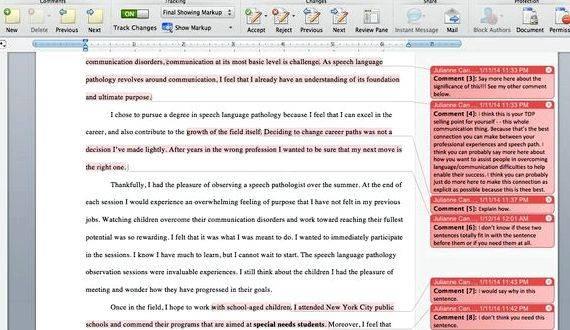
Punctuation is the way one bats one’s eyes, lowers one’s voice or blushes demurely. Punctuation adjusts the tone and color and volume till the feeling comes into perfect focus: not disgust exactly, but distaste; not lust, or like, but love.
Punctuation, in short, gives us the human voice, and all the meanings that lie between the words. “You aren’t young, are you?” loses its innocence when it loses the question mark. Every child knows the menace of a dropped apostrophe (the parent’s “Don’t do that” shifting into the more slowly enunciated “Do not do that”), and every believer, the ignominy of having his faith reduced to “faith.” Add an exclamation point to “To be or not to be. ” and the gloomy Dane has all the resolve he needs; add a comma, and the noble sobriety of “God save the Queen” becomes a cry of desperation bordering on double sacrilege.
Sometimes, of course, our markings may be simply a matter of aesthetics. Popping in a comma can be like slipping on the necklace that gives an outfit quiet elegance, or like catching the sound of running water that complements, as it completes, the silence of a Japanese landscape. When V.S. Naipaul, in his latest novel, writes, “He was a middle-aged man, with glasses,” the first comma can seem a little precious. Yet it gives the description a spin, as well as a subtlety, that it otherwise lacks, and it shows that the glasses are not part of the middle-agedness, but something else.
Thus all these tiny scratches give us breadth and heft and depth. A world that has only periods is a world without inflections. It is a world without shade. It has a music without sharps and flats. It is a martial music. It has a jackboot rhythm. Words cannot bend and curve. A comma, by comparison, catches the gentle drift of the mind in thought, turning in on itself and back on itself, reversing, redoubling and returning along the course of its own sweet river music; while the semicolon brings clauses and thoughts together with all the silent discretion of a hostess arranging guests around her dinner table.
Punctuation, then, is a matter of care. Care for words, yes, but also, and more important, for what the words imply. Only a lover notices the small things: the way the afternoon light catches the nape of a neck, or how a strand of hair slips out from behind an ear, or the way a finger curls around a cup. And no one scans a letter so closely as a lover, searching for its small print, straining to hear its nuances, its gasps, its sighs and hesitations, poring over the secret messages that lie in every cadence. The difference between “Jane (whom I adore)” and “Jane, whom I adore,” and the difference between them both and “Jane — whom I adore — ” marks all the distance between ecstasy and heartache. “No iron can pierce the heart with such force as a period put at just the right place,” in Isaac Babel’s lovely words; a comma can let us hear a voice break, or a heart. Punctuation, in fact, is a labor of love. Which brings us back, in a way, to gods.


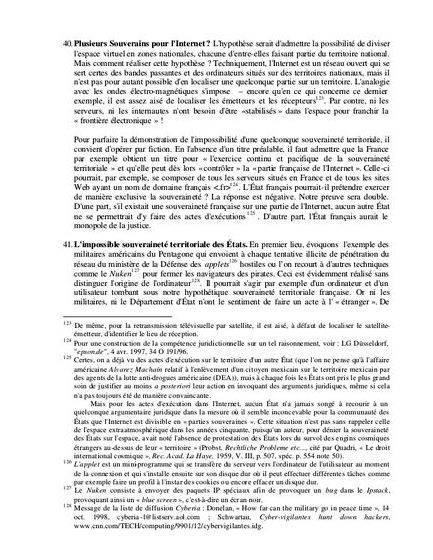


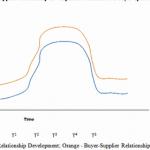 Buyer supplier relationship power master thesis defense
Buyer supplier relationship power master thesis defense Thesis writing tips ppt slides
Thesis writing tips ppt slides A long way gone essay thesis writing
A long way gone essay thesis writing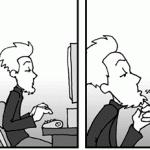 Writing up a masters thesis
Writing up a masters thesis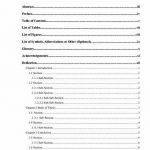 Contents list for thesis proposal
Contents list for thesis proposal






